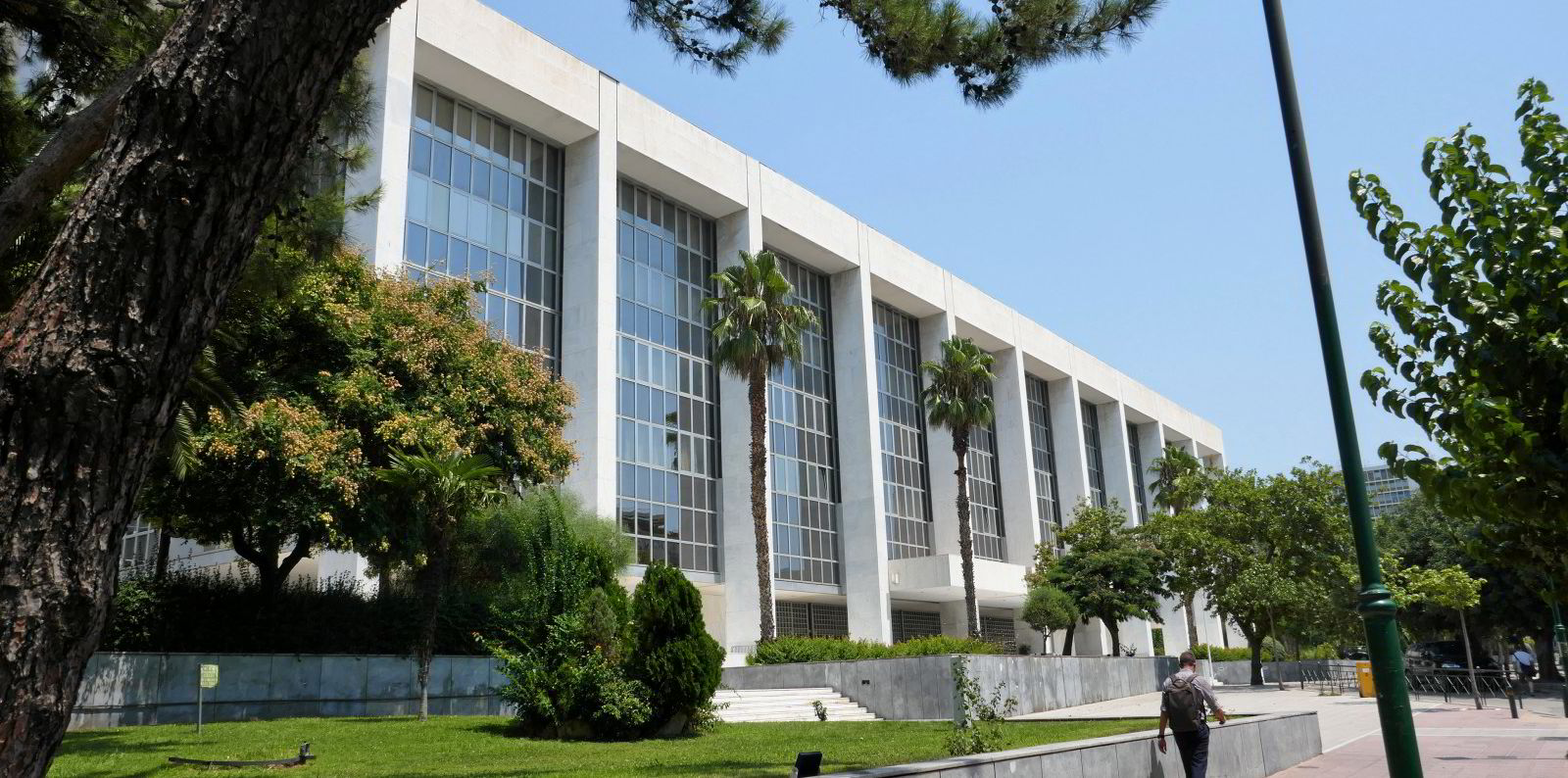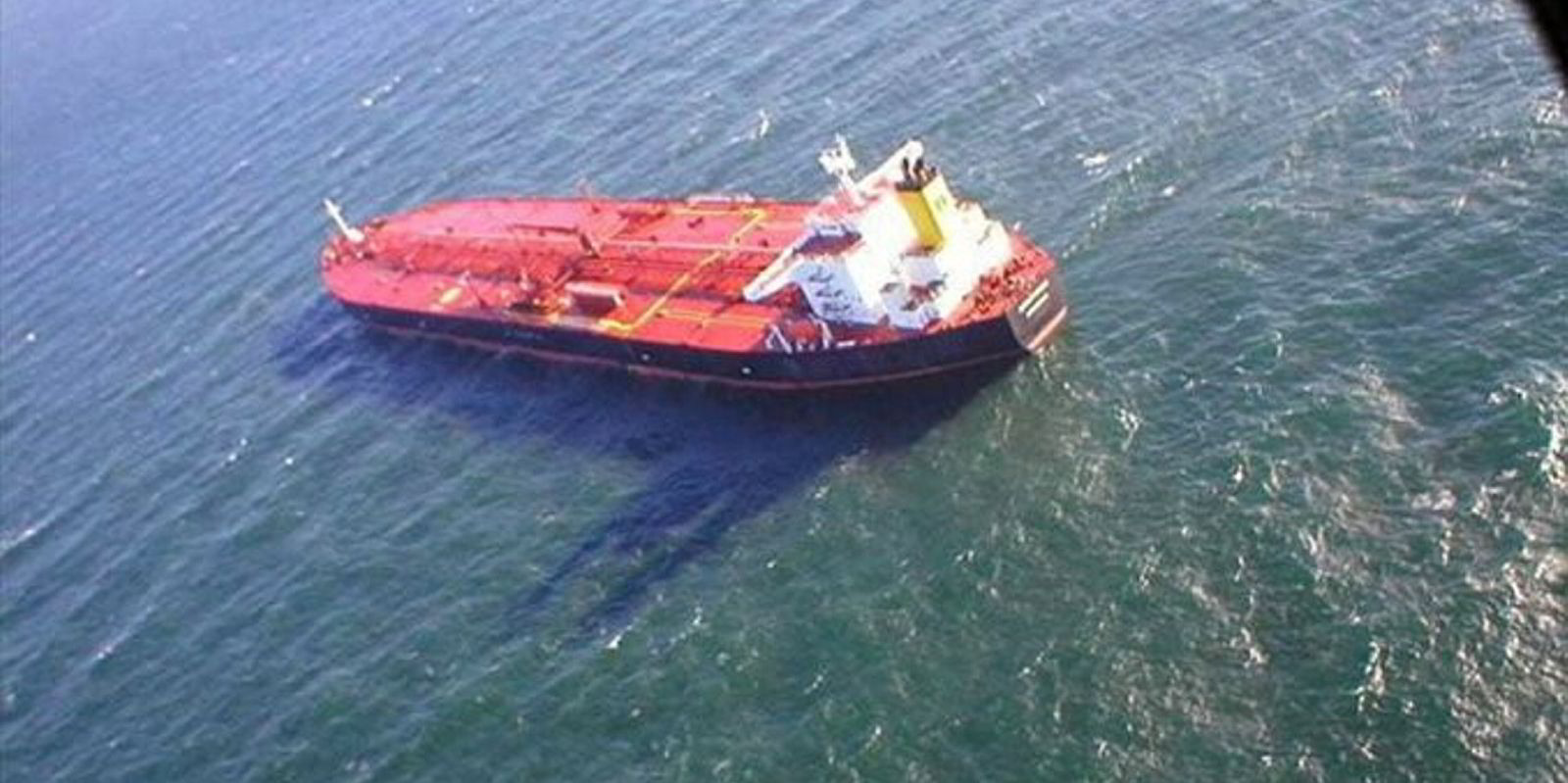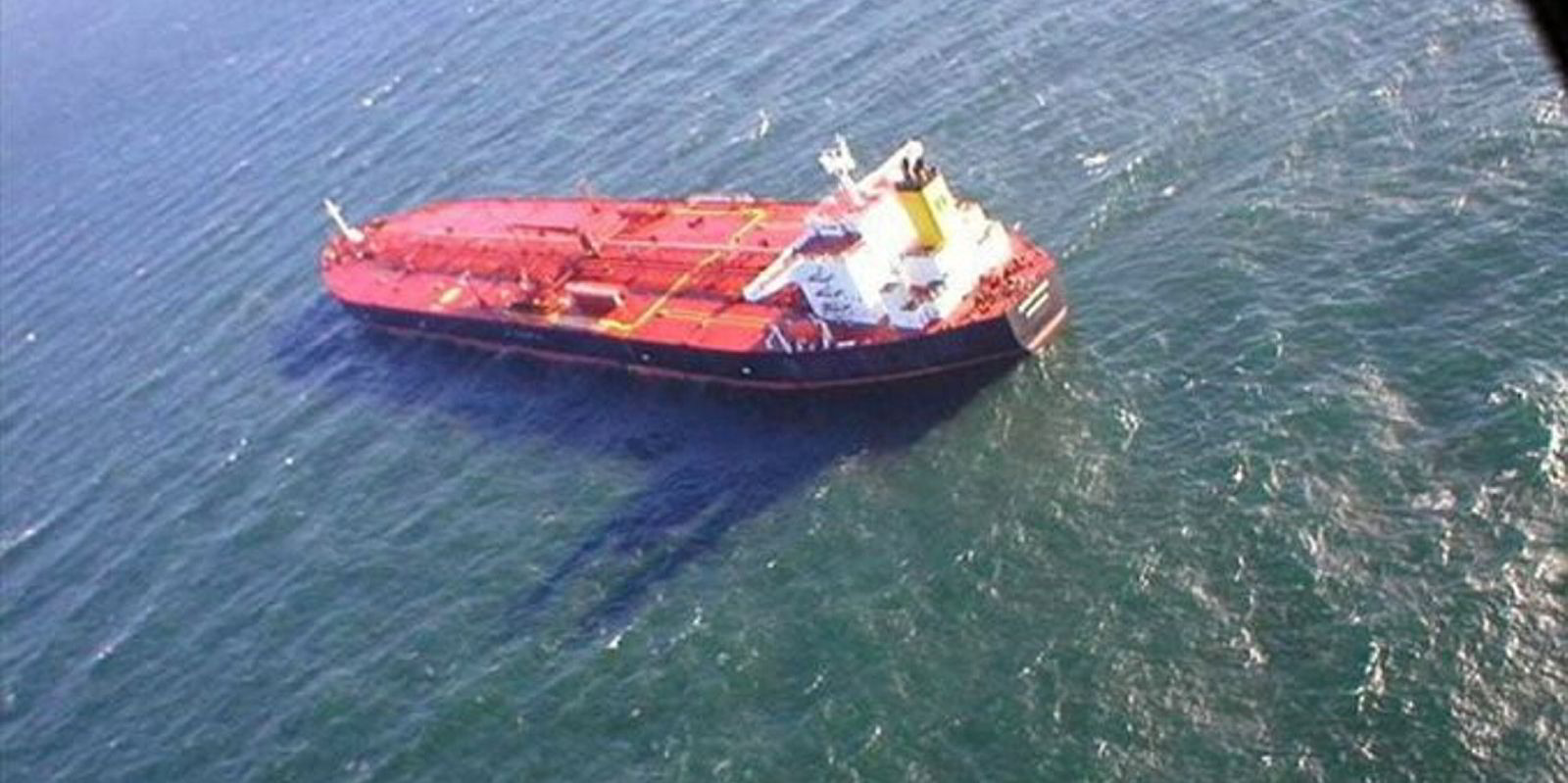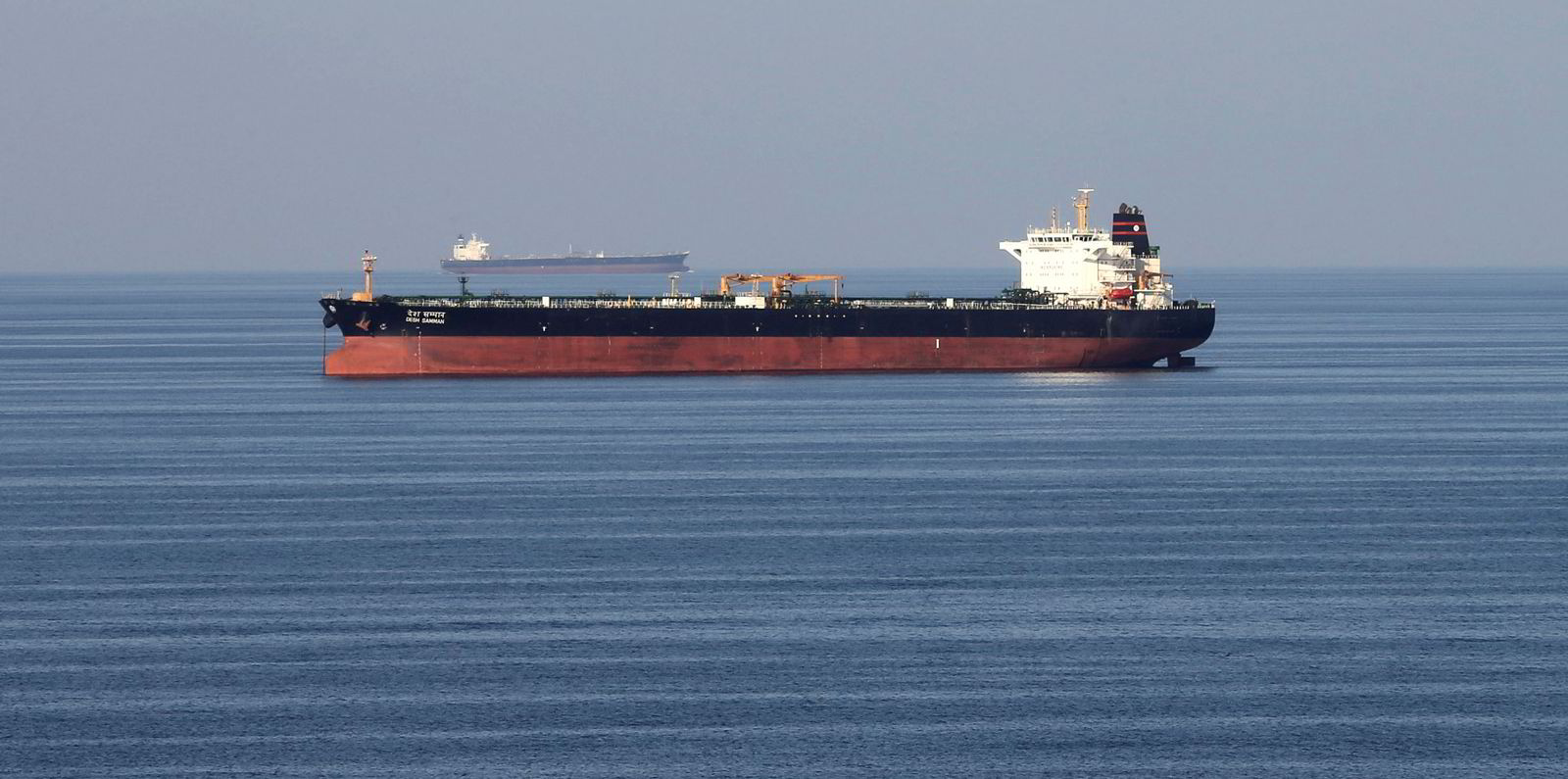A three-month campaign by the US Department of Justice to seize the oil cargo of an Iranian-flagged aframax in Greece has failed, thwarted by a supreme court decision in Athens.
In a ruling handed down on Tuesday, Greece’s top judges found no reason to overturn a previous verdict by a lower Greek court in June, which had allowed the 115,400-dwt Lana (built 2003) to take all its oil and leave Greek waters.
The decision is a victory for Iran, which gained leverage at the end of May by sending elite troops to board and detain two Greek-flagged tankers en route in the Middle East Gulf.
Delta Tankers’ 157,400-dwt Delta Poseidon (built 2011) and Polembros Shipping’s 150,000-dwt Prudent Warrior (built 2017) have been held since 28 May in Iran with about 50 Filipino and Greek seafarers on board.
The Greek supreme court’s decision probably opens the way to resolve the impasse and bring the crews home.
“In our view, the ruling confirms the prior court decision and that the US Department of Justice pursued an illegal procedure, and it signals the release of the Greek tankers and their crews,” the seafarers’ lawyer Stefanos Fourtounidis told TradeWinds.
The expectation now is that Iranians will release the two ships after their own vessel, the Lana, goes on to retrieve about 56,000 tonnes of crude removed from it in May, when it was detained at the Aegean port of Karystos.
Those 56,000 tonnes are now on board the 70,400-dwt Ice Energy (built 2006) — a ship of George Procopiou-led Dynacom Tankers Management, which now lies at the Piraeus anchorage.
The Lana already moved near the Ice Energy earlier this month and hired service companies for a ship-to-ship transfer to take its cargo back.
Two eyes for an eye
The Lana was previously known as Pegas, a Russian-flagged ship with 19 Russian seafarers on board that was owned by Dagestan-based TransMorFlot with the backing of Russia’s PSB Leasing.
En route in Greek waters in April, the ship suffered an engine failure and was towed to Karystos.
That allowed US authorities to lay their hands on the ship, which they suspect of carrying oil cargo on account of the Islamic Revolutionary Guard Corps — an elite Iranian military body deemed by the US, but not by the European Union, to be a terrorist organisation.
Acting on a ruling by the US court in the District of Columbia, the US Department of Justice asked Greek authorities to seize the vessel and its cargo.
Greek authorities swiftly complied with the request, which was based on sanctions legislation against both Russia and Iran.
To remove the oil and carry it to America, the US government hired Times Navigation — an Athens-based chartering and former shipowning company represented by Ioannis Karageorgis.
Times Navigation in turn chartered from Procopiou the Ice Energy and a sistership, the 70,400-dwt Ice Victory (built 2006).
Iran, however, turned the tables at the end of May, by sending armed soldiers in helicopter-launched raids to seize the Prudent Warrior and Delta Poseidon.
Iran’s supreme leader Ayatollah Ali Khamenei left little doubt that the action was in reprisal for the Pegas and that the ship’s oil was Iranian property.
Responding to accusations of piracy levelled by Greek officials, the Iranian side argued that its soldiers acted on an Iranian court decision equivalent to the US court’s order to seize the Pegas.
In the meantime, the Pegas was renamed Lana and switched to the Iranian flag.
Separately, an Iranian company not subject to US sanctions, Saman Gostar Samirom Services Construction Executive Company, came forward to claim ownership of the ship’s oil cargo.
Following Saman Gostar’s intervention, a Greek appeals court on 8 June rejected the US request to seize the Lana’s oil cargo.
Judges at the appeals court of Chalkida justified their decision by saying that neither the cargo’s Iranian origin nor its links to the Revolutionary Guards were proven, as the vessel’s cargo manifest and bill of lading showed the oil was loaded in Oman.
Times Navigation appealed the 8 June decision at the supreme court. Greece’s top judges, however, threw out the appeal on Monday.
The text of the supreme court’s decision has not been published yet, but the court’s prosecutor had argued during proceedings that Times Navigation did not own the cargo and had, therefore, no sufficient legal stake in the matter.
Under Greek law, the supreme court does not re-examine lower court rulings from scratch but only whether the verdicts were reached following the correct procedure.








